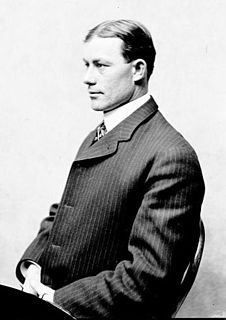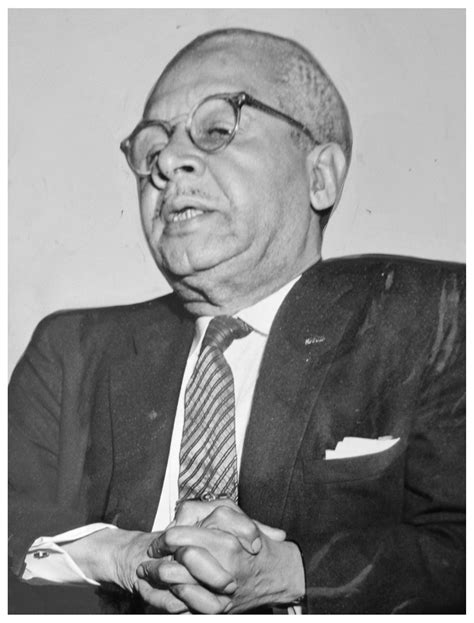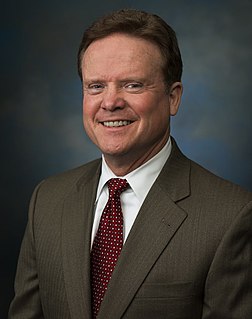A Quote by Bill Ayers
That's where we all kind of were in the mid-1960s. Students for a Democratic Society grew from a small group of socialists at the university of Michigan into a national organization, and in many ways, its growth was driven by the Vietnam War.
Related Quotes
But do let me reiterate the spirit of Michigan. It is based upon a deathless loyalty to Michigan and all her ways; an enthusiasm that makes it second nature for Michigan men to spread the gospel of their university to the world's distant outposts; a conviction that nowhere is there a better university, in any way, than this Michigan of ours.
Most of us who were opposed to the war, especially in the early '60's - the war we were opposed to was the war on South Vietnam which destroyed South Vietnam's rural society. The South was devastated. But now anyone who opposed this atrocity is regarded as having defended North Vietnam. And that's part of the effort to present the war as if it were a war between South Vietnam and North Vietnam with the United States helping the South. Of course it's fabrication. But it's "official truth" now.
[Students for a Democratic Society] was on many campuses and it was a powerful organization. It was founded by Tom Hayden, who passed away very recently. It was one of the founders of SDS and that chief writer of the Port Huron Statement, which is still worth reading. It's kind of the Bernie Sanders campaign document in a funny way.
In many ways Nazism was antithetical to what the great mass of Germans said they admired - and certainly to what they paid homage. It was noisy, undisciplined, vainglorious; its leader was a half-educated posturing foreigner. For a decade the National Socialists were regarded as hoodlums, as part of the breakdown of what had been, if anything, an excessively ordered society before.
I think the Tata Group's greatest contribution to the growth of the Indian economy and Indian industry probably happened in the pre-independence era. The Group's investments in industries such as steel, textiles, power and hotels were certainly driven by an entrepreneurial spirit, but they were driven even more, I think, by a desire to make India self-sufficient and independent of its colonial masters then.
Many faculty retreated into academic specializations and an arcane language that made them irrelevant to the task of defending the university as a public good, except for in some cases a very small audience. This has become more and more clear in the last few years as academics have become so insular, often unwilling or unable to defend the university as a public good, in spite of the widespread attacks on academic freedom, the role of the university as a democratic public sphere, and the increasing reduction of knowledge to a saleable commodity, and students to customers.

































